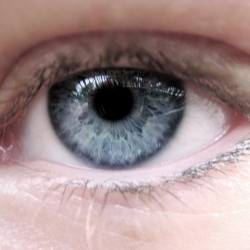
Scientists have identified a gene called Lhx1, which manages the area of our brain that acts like a master clock; it regulates our circadian rhythms and controls brain receptors that respond to light, keeping us feeling on schedule each day. Normally, the brain cells controlled by Lhx1 act in synchrony, which makes them somewhat resistant to changes in light.
That inflexibility is why a sudden change in the day-night schedule can lead to jet lag. Researchers found that light-dark cycle cells were less in sync for animals with reduced levels of Lhx1, which led to testing Lhx1’s role in jet lag for mice. (The mice didn’t travel anywhere; the researchers just created an eight-hour shift in the animals’ day-night cycle.) They observed that the mice with less Lhx1 adjusted sooner; their neurons were less in sync, which allowed a faster shift to the new schedule.
